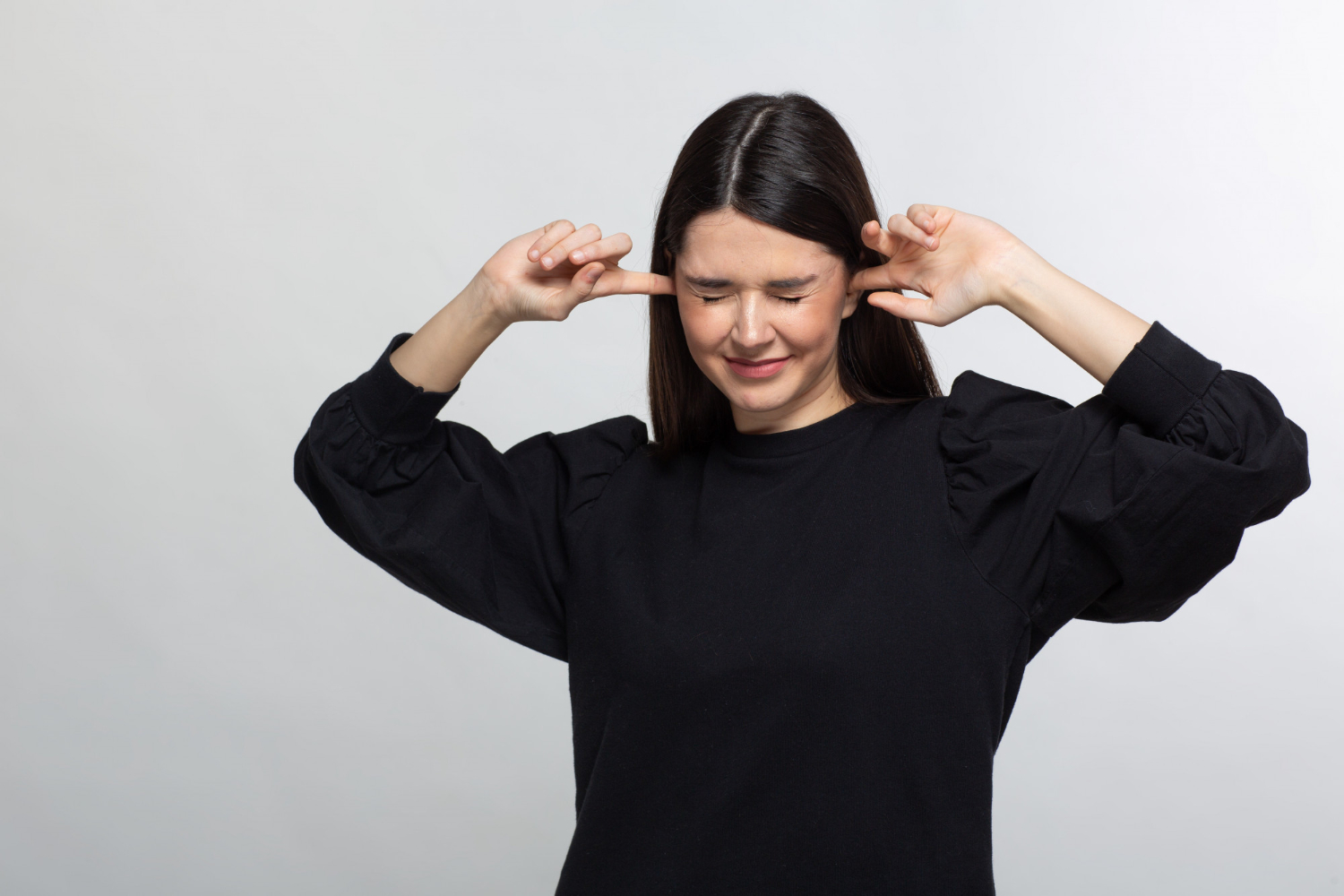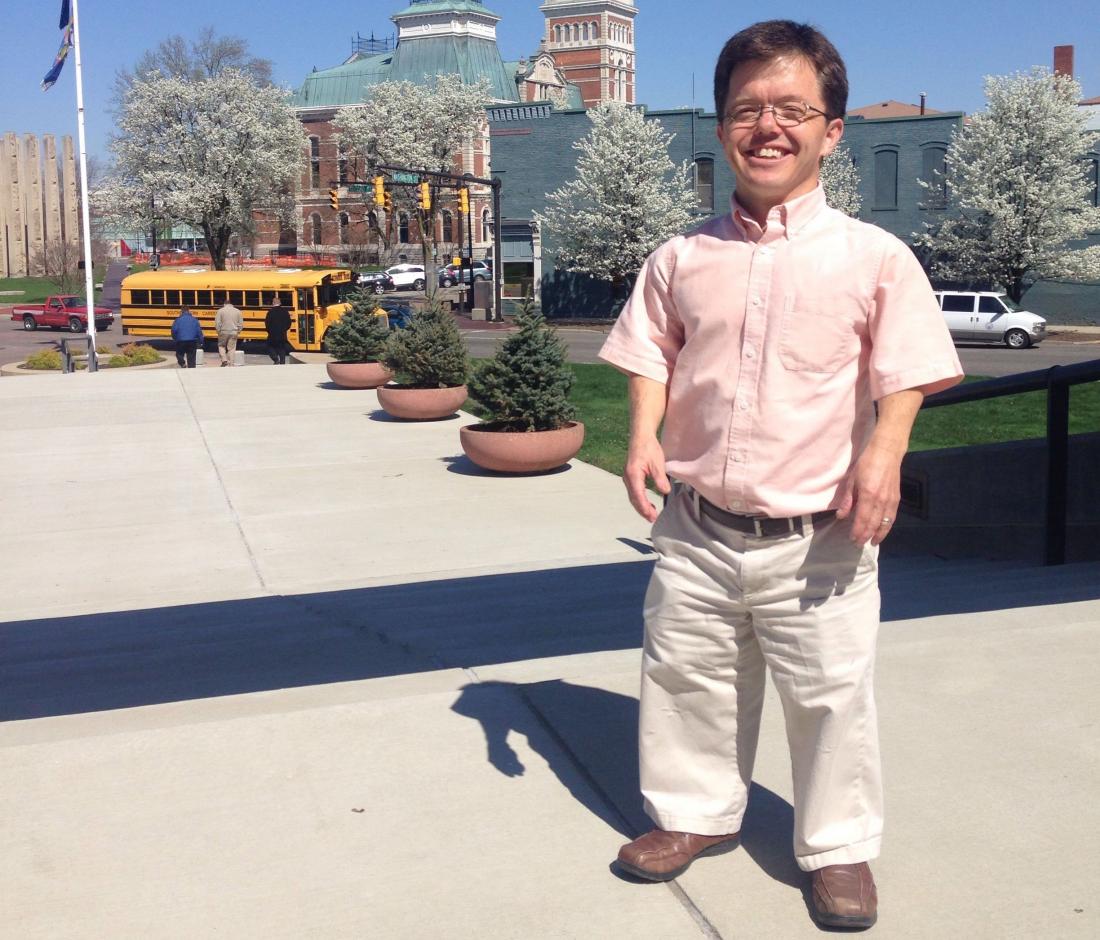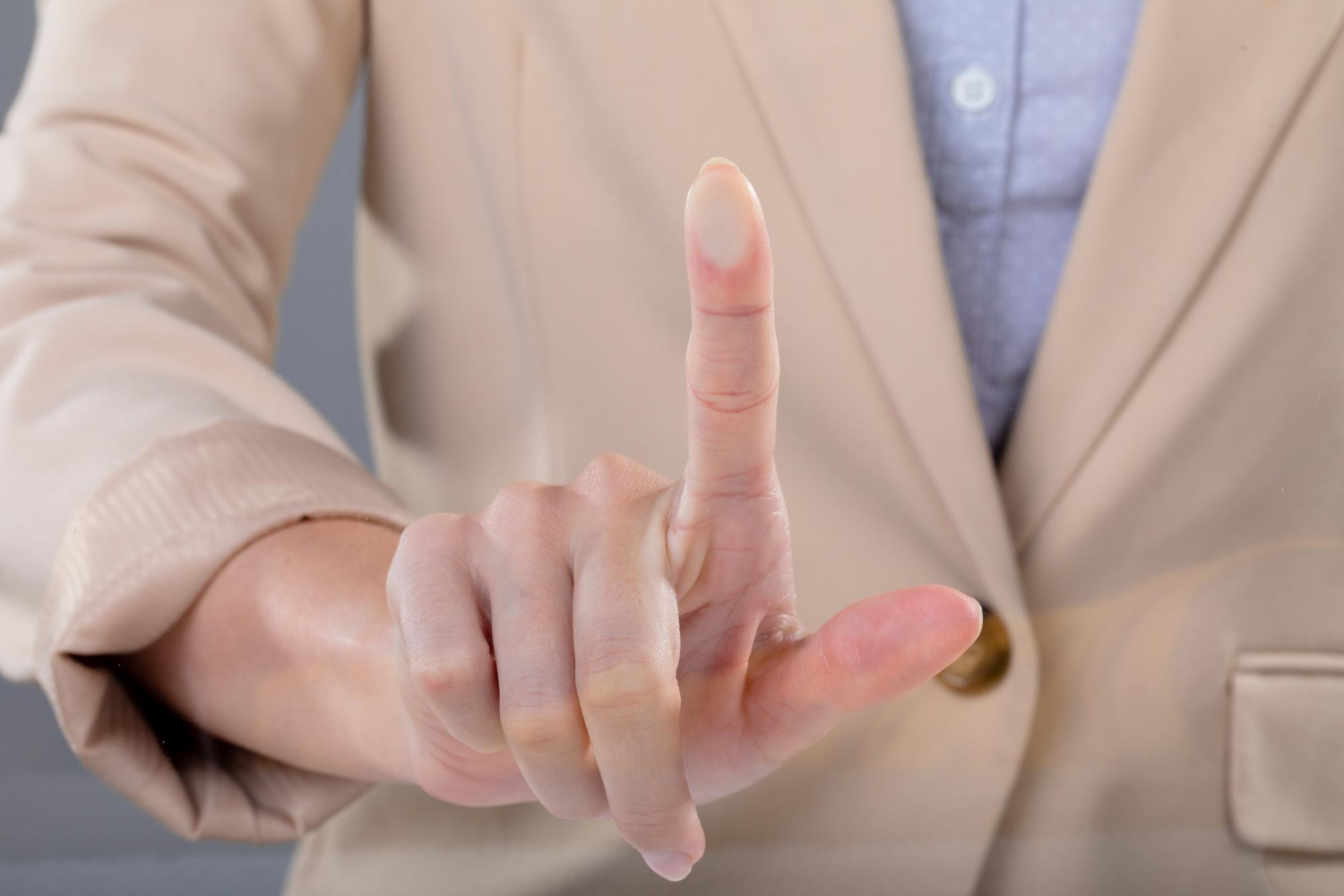Flying with a cold can turn an already uncomfortable experience into a frustrating one, especially when your ears feel clogged, muffled, or even painful.
This is commonly known as “airplane ear” or ear barotrauma, and it happens when pressure differences between your middle ear and the surrounding environment disrupt normal ear function. And if you’re fighting a cold, the congestion and inflammation only make things worse.
But don’t worry—there are effective remedies and preventive strategies you can use to minimize the discomfort and address clogged ears after flying. This blog dives into what airplane ear is, why it worsens with a cold, and practical steps you can take to prevent or alleviate the symptoms.
What Is Airplane Ear?
Ever felt that annoying “blocked” ear sensation during takeoff or landing? You’ve likely experienced airplane ear. Known medically as ear barotrauma, airplane ear occurs due to rapid changes in air pressure, most often during a plane’s ascent or descent.
Here’s how it works:
- Your eustachian tubes, which connect your middle ear to your throat, regulate air pressure in your ears.
- When you fly, the cabin pressure changes quickly, sometimes faster than your eustachian tubes can equalize it.
Symptoms of airplane ear can range from mild to severe and might include:
- Fullness in the ear
- Muffled hearing
- Mild to sharp ear pain
- Rare cases might lead to a ruptured eardrum, fluid drainage, or vertigo.
Add a cold into the mix, and you’re in for a tougher battle.
Why Do Ears Clog More When You Fly With a Cold?
The congestion caused by a cold inflames your nasal passages and sinuses. This often blocks the eustachian tubes, making it even harder for them to do their job of equalizing pressure in your ears.
Here’s why a cold complicates ear pressure equalization:
- Inflammation narrows or completely blocks the eustachian tubes.
- Fluid build-up from nasal congestion exacerbates the blockage.
- Your ears have limited ability to adjust to rapid pressure fluctuations, leading to worsened discomfort.
Flying with a severe cold or sinus infection isn’t just unpleasant—it increases your risk of complications like a prolonged ear infection or even a ruptured eardrum.
How to Unclog Ears After Flying With a Cold
If your ears remain clogged after a flight, try these proven remedies to get relief:
1. Swallowing and Yawning
Simple, but effective. Swallowing or yawning activates the muscles that help open your eustachian tubes, equalizing the pressure.
- Try sipping water or sucking on hard candy to stimulate frequent swallowing.
- Yawn deeply, even if it feels exaggerated—it can do the trick!
2. The Valsalva Maneuver
This age-old technique is great for unclogging ears but must be done carefully to avoid damage. Here’s how to do it:
- Pinch your nostrils shut with two fingers.
- Take a deep breath and gently blow air with your mouth closed (like you’re trying to inflate a balloon).
- Stop immediately if you feel pain.
3. Use Decongestants
Nasal sprays and oral decongestants can reduce congestion, making it easier for the eustachian tubes to function.
- Apply a nasal spray 30 minutes before takeoff or landing to preemptively open nasal passages.
- Avoid overusing decongestants, as long-term use might worsen symptoms.
4. Warm Compress
Using warmth to unclog ears can encourage fluid drainage and calm inflammation:
- Heat a damp cloth with warm (not hot) water.
- Apply it gently to your affected ear for 10–15 minutes.
- Repeat as needed until you feel relief.
5. Steam Therapy
Steam inhalation can reduce nasal congestion and improve airflow to the eustachian tubes.
- Boil water and pour it into a bowl.
- Drape a towel over your head and position your face over the bowl to inhale the steam.
- Add eucalyptus or peppermint oil for extra relief.
Alternatively, a hot shower works wonders if you’re short on time.
6. Chewing Gum or Sucking Candy
Chewing gum or sucking on hard candy helps stimulate swallowing and saliva production, encouraging the eustachian tubes to open naturally. It’s a simple yet effective solution.
7. Olive Oil or Hydrogen Peroxide Drops
If earwax build-up is contributing to your clogged ears, try this:
- Lie on your side with the affected ear facing upward.
- Add 2–3 drops of lukewarm olive oil or hydrogen peroxide into the ear canal.
- Wait for 10 minutes before tilting your head to allow the liquid and loosened wax to drain out.
When to Seek Medical Help
Sometimes clogged ears might require professional care. Seek medical attention if you experience any of the following:
- Severe ear pain or dizziness
- Fluid drainage from the ear
- Hearing loss lasting more than 2–3 days
- Persistent blockage despite trying remedies
Your doctor can diagnose ear barotrauma and may recommend treatments like corticosteroids or specialist interventions if needed.
Tips to Prevent Clogged Ears While Flying With a Cold
Preparation is key to avoiding airplane ear altogether. Try these tips before your next flight, especially if you have a cold:
- Use a decongestant 30 minutes before takeoff and landing.
- Apply nasal spray to reduce inflammation and improve airflow.
- Chew gum or sip water during ascent and descent to encourage ear equalization.
- Invest in filtered earplugs to gradually regulate pressure changes.
- Stay awake during takeoff and landing—this gives you the opportunity to yawn or swallow when needed.
- If your cold is severe, consider rescheduling your flight to avoid complications.
Possible Complications of Unclogged Ears After a Flight
While most clogged ear cases resolve quickly, complications can sometimes arise, including:
- Mild issues like muffled hearing or mild discomfort.
- Severe complications:
- Ear infections
- Tinnitus (ringing in the ears)
- Eardrum rupture or long-term hearing loss (rare)
Pay close attention to any lingering symptoms following your flight and see a healthcare provider if needed.
Fly Comfortably Every Time
Clogged ears after flying with a cold can be frustrating, but now you’re equipped with the knowledge and techniques to handle it. From steam therapy to simple yawning tricks, these remedies will help you feel like yourself again in no time.
Planning ahead for your next flight? Follow the preventive tips above to stay one step ahead of airplane ear and ensure a more pleasant travel experience. Have other tips or remedies that work for you? Share them in the comments below—we’d love to hear from you!
FAQs
How do you unpop your ears after flying with a cold?
Yawning, swallowing, or using the Valsalva maneuver are the quickest ways to pop your ears.
How long does it take for ears to unblock after a flight?
Mild cases usually clear up within a few hours, but if congestion is involved, symptoms may persist for a day or two.
What is the best decongestant for ears after flying?
Nasal sprays such as oxymetazoline or oral decongestants like pseudoephedrine work well. Always follow the usage instructions.
How long does it take for ears to unblock after a cold?
Typically, ear blockage from a cold resolves within 7–10 days as the congestion eases.


















